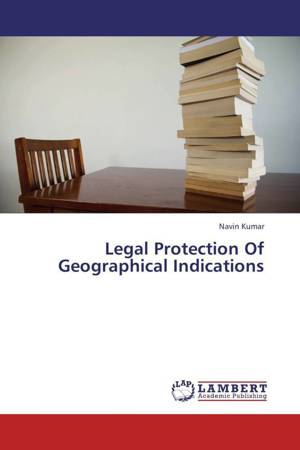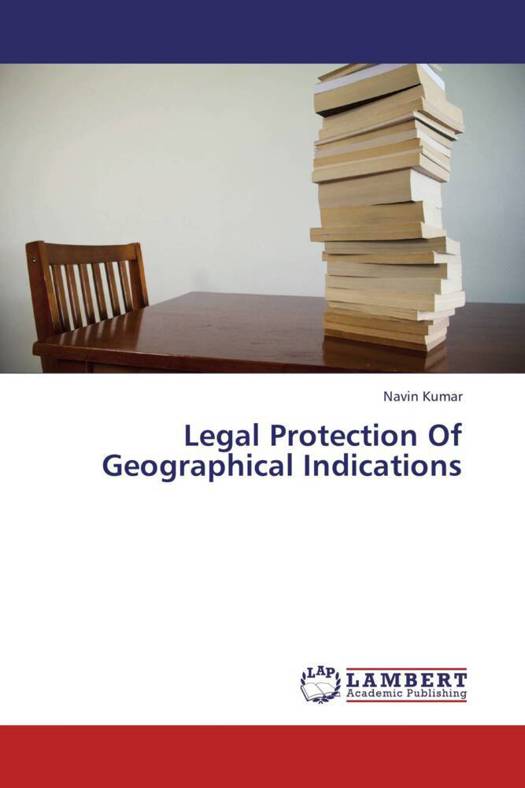
- Afhalen na 1 uur in een winkel met voorraad
- Gratis thuislevering in België vanaf € 30
- Ruim aanbod met 7 miljoen producten
- Afhalen na 1 uur in een winkel met voorraad
- Gratis thuislevering in België vanaf € 30
- Ruim aanbod met 7 miljoen producten
Zoeken
Omschrijving
Geographical indications are today considered major intellectual assets in relation to a variety of goods. They are seen not only as a tool for protecting consumer's interests but also as a legal and economic tool for the development of rural areas and the preservation of cultural heritage. The importance that geographical indications have gained over the last few decades is reflected in their inclusion as protectable subject matter under the World Trade Organization (WTO) Agreement on Trade-Related Aspects of Intellectual Property Rights (TRIPS) in 1994 and in subsequent bilateral and regional trade agreements as well as the immense interest in the current negotiations in the context of the Doha Round of Multilateral Trade Negotiations.
Specificaties
Betrokkenen
- Auteur(s):
- Uitgeverij:
Inhoud
- Aantal bladzijden:
- 100
- Taal:
- Engels
Eigenschappen
- Productcode (EAN):
- 9783659309304
- Verschijningsdatum:
- 19/12/2012
- Uitvoering:
- Paperback
- Afmetingen:
- 150 mm x 220 mm
- Gewicht:
- 150 g

Alleen bij Standaard Boekhandel
+ 128 punten op je klantenkaart van Standaard Boekhandel
Beoordelingen
We publiceren alleen reviews die voldoen aan de voorwaarden voor reviews. Bekijk onze voorwaarden voor reviews.








